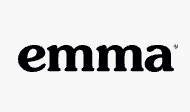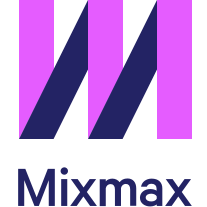Mailshake vs Intercom
Hyperise integrates with 100's of sales and marketing tools, many of which are in the Email Marketing category. With so many to choose from it's sometimes hard to know which is best, but don't worry, we've got your covered.
In this comparison guide we're going to look at the Highlights, Pros, Cons and Pricing of Mailshake and Intercom. We'll also delve into the details of which offers the best personalization options within Email Marketing, with there respective Hyperise integrations

Mailshake
Pricing: Mailshake offers several pricing options for its email marketing platform. Here is a summary: 1. Solo: This plan costs $59 per month and is designed for individual users. It includes unlimited sending and email tracking for up to three email accounts. 2. Growth: This plan costs $99 per month and is designed for small teams. It includes everything in the Solo plan, plus additional team collaboration features like shared templates and campaigns. 3.Vs
Intercom
Pricing: Intercom offers a few different pricing plans, depending on the features and level of support you need. Here's a summary of their plans: 1. Essential: This plan starts at $87/month if billed annually (or $99/month if billed monthly) and includes basic CRM features such as contact management and lead assignment. 2.Mailshake vs Intercom Highlights
Mailshake is primarily an email marketing tool that focuses on email outreach campaigns to generate leads and increase sales. It offers personalized email templates, email tracking, and automation features for follow-ups and scheduling emails. On the other hand, Intercom is a CRM platform that focuses on customer communication, engagement, and support. It offers live chat, email, and social media messaging features, as well as customer relationship management tools for managing a customer database, tracking leads, and measuring engagement. While Mailshake is best suited for small to medium-sized businesses looking to optimize their email outreach campaigns, Intercom is ideal for businesses looking to communicate with customers in a personalized, multi-channel way for sales, marketing, and support.
Mailshake vs Intercom Pros
Mailshake Pros
- Better email marketing features: Mailshake is a dedicated email marketing platform that offers advanced features like A/B testing, automated follow-ups, and personalization options.
- Lower cost: Mailshake is generally more affordable than Intercom, which offers multiple products and plans.
- Focus on outbound sales: Mailshake is specifically designed for outbound sales and lead generation, making it a better choice for businesses with that focus.
- Easy to use: Mailshake has an intuitive interface and simple setup process, making it a good choice for businesses without a dedicated marketing team.
- Integrations: Mailshake integrates with a variety of other marketing and sales tools, allowing users to streamline their workflows and get more out of their existing tech stack.
Intercom Pros
- Intercom offers a range of customer relationship management features, beyond just email marketing.
- Intercom has a more sophisticated user interface and user experience, offering a user-friendly platform for managing customer interactions.
- Intercom integrates with various other applications, including Slack, Salesforce, and HubSpot, providing a more extensive toolkit.
- Intercom offers better tracking and analytics capabilities, allowing users to track interactions in real-time.
- Intercom has a more extensive set of features for lead qualification, lead nurturing, and lead segmentation.
Mailshake vs Intercom Cons
Mailshake Cons
- Limited customization options for email templates.
- No built-in inbox for email replies and conversations, making it difficult to track responses and follow-up.
- Limited segmentation capabilities, making it challenging to target specific groups of contacts.
- No chat or messaging features for real-time customer engagement.
- Limited integration options with other tools and platforms compared to Intercom.
- No lead scoring or lead qualification features.
- Only focuses on email marketing and lacks other customer engagement tools.
Intercom Cons
- Limited email sending capabilities: Intercom's email sending capabilities are limited compared to Mailshake's dedicated email marketing tools.
- Unintuitive email campaign creation process: Intercom's email campaign creation process can be more complex and time-consuming compared to Mailshake's drag-and-drop email builder.
- More focused on customer communication than email marketing: Intercom is primarily a customer communication platform, whereas Mailshake is designed specifically for email marketing campaigns.
- Limited automation capabilities: Intercom's automation features are focused on customer communication, while Mailshake offers more advanced automation options for email marketing campaigns.
- No built-in email verification: Mailshake offers built-in email verification tools to prevent high bounce rates and ensure email deliverability, while Intercom does not have this functionality.
Mailshake & Intercom Hyperise Integrations
Mailshake uses the Image embed method to integrate with Hyperise, giving a simple way to add personalized images to your messages.
Mailshake makes the following data points available to Hyperise, to enable personalization in images used in outreach and linked out to your personalized website landing pages.
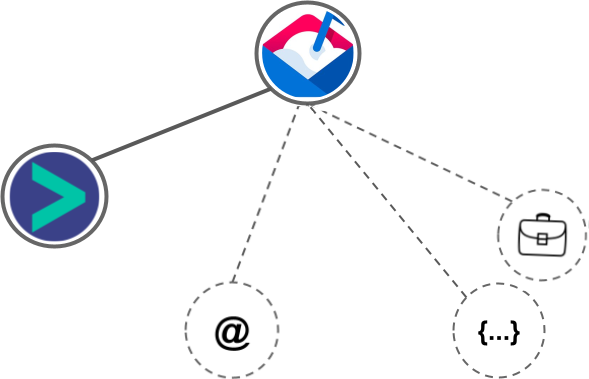
- Using business Email passed from Mailshake, Hyperise is able to enrich business logo and website screenshots. In some cases, with a business Email we're also able to enrich profile images, subject to the business email having a publicly available profile.
- Business name
Mailshake Integration Guide
Intercom uses the HTML code embed method to integrate with Hyperise, giving a simple way to add personalized images to your messages.
Intercom makes the following data points available to Hyperise, to enable personalization in images used in outreach and linked out to your personalized website landing pages.
- Using business Email passed from Intercom, Hyperise is able to enrich business logo and website screenshots. In some cases, with a business Email we're also able to enrich profile images, subject to the business email having a publicly available profile.
- Business name
- Using business Website passed from Intercom, Hyperise is able to enrich business logo and website screenshots.
Intercom Integration Guide
 vs
vs 

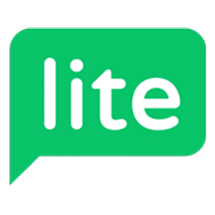 vs
vs  vs
vs  vs
vs  vs
vs 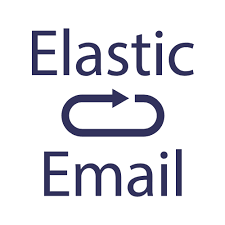 vs
vs  vs
vs  vs
vs  vs
vs 
 vs
vs  vs
vs 

 vs
vs  vs
vs  vs
vs  vs
vs  vs
vs  vs
vs  vs
vs  vs
vs 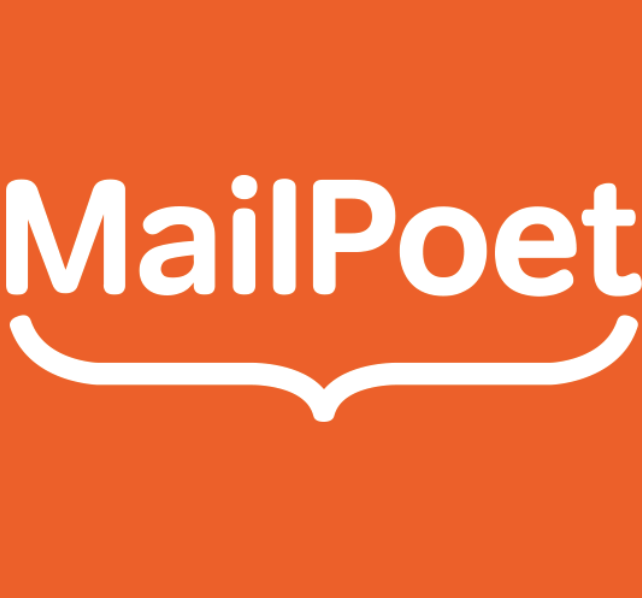 vs
vs  vs
vs 

 vs
vs  vs
vs 





 vs
vs 
